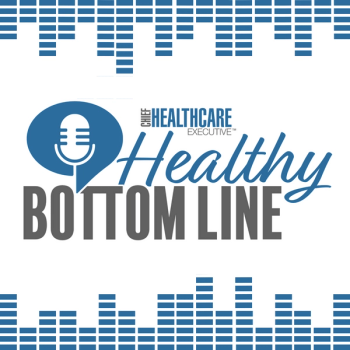
Joe Nicholson, DO, chief medical officer at CareAllies, talks about the importance of providers and payers having a good working relationship as well as tips for nurturing that relationship.

Joe Nicholson, DO, chief medical officer at CareAllies, talks about the importance of providers and payers having a good working relationship as well as tips for nurturing that relationship.

Mark Spinner, CEO of AccessOne, discusses some of the financing concerns that patients expressed in a recent AccessOne survey as well as some solutions that hospitals and health systems can implement to improve communication and price transparency.

Joe Polaris, senior vice president of product and technology at R1 RCM, discussed how price transparency can increase hospital revenues and address patient concerns regarding exorbitant healthcare costs as well as the impact that CMS’ new price transparency rule could have on hospitals.

Several problems exist with current programs that address social determinants of health (SDOH); however, a new social model aims to combat these issues and improve the programs’ effectiveness.
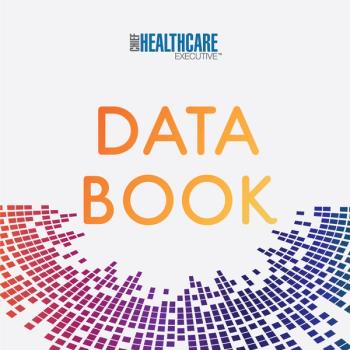
Clay Ritchey, CEO of Verato, highlights the administrative and financial benefits that patient-matching technology can provide hospitals and health systems, as well as how it can improve the patient experience.

Barry Sample, PhD, director of science and technology at Quest Diagnostics, discusses the rise in drug positivity rates among healthcare employees, the reasons behind the rise, and what can be done to combat them.
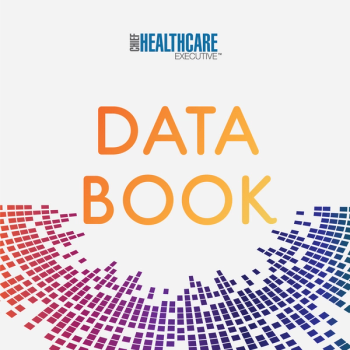
Punit Soni, CEO and founder of Suki, delves into how artificial intelligence (AI) can be used to address burnout among healthcare professionals, as well as misconceptions about the purpose that this technology should serve in healthcare.

Blair Childs, senior vice president of public affairs at Premier, explains how the Improving Seniors’ Timely Access to Care Act could revolutionize how prior authorizations are conducted and how machine learning technologies can help health systems adapt if it is signed into law.

Tom Knight, founder and CEO of Invistics, discusses how the COVID-19 pandemic has highlighted the need for better solutions for drug diversion, where healthcare employees commit medication theft, within their healthcare organizations and how technology can help resolve the issue.

In an interview recorded earlier this year, Chief Healthcare Executive Associate Editorial Director Mary Caffrey spoke with 2 leaders of Citius Tech about meeting healthcare challenges with digital solutions.

Kate Cordell and Ken Knecht, cofounders of Opeeka, discuss their company’s Person-Centered Intelligence Solution and how it can help children and their families manage and coordinate their mental health concerns as well as the benefits the tool can have on health systems.

Tanvi Abbhi and Nora Zetsche, MD, cofounders of Veta Health, discuss the company’s remote patient monitoring (RPM) platform and how RPM can be used to personalize and improve healthcare for patients with chronic diseases.

Peter Urbanowicz, managing director and co-head of Alvarez and Marsal’s Healthcare Industry Group, discusses the FDA’s new focus in addressing supply chain and device shortages posed by the COVID-19 pandemic and what hospitals should be doing in the meantime to adjust.

Sundar Kamak, global head of manufacturing at Ivalua, discusses the COVID-19 pandemic’s effect on healthcare supply chains and how technology can help alleviate those issues.

Kaveh Safavi, MD, JD, global health lead of Accenture Health, discusses how the pandemic influenced the speed at which healthcare organizations adopted new technologies and how this adoption is impacting patient care.

Leslie Trigg, CEO of Outset, discusses how imbedded cloud-computing technology in home dialysis machines can improve quality of care for patients, and how the pandemic has boosted demand for these machines.

Alan Payne, chief information officer at Sensyne Health, discusses some of the ethical concerns regarding the use of artificial intelligence (AI) in healthcare and what organizations should do to mitigate potential data security and bias issues.

A conversation with Art Papier, MD, CEO and co-founder of VisualDX.

Justin Williams, CEO of Noteworth, discusses how predictive analytic tools can improve the quality of care for patients with chronic diseases, discharged hospital patients, and patients from rural communities.

Carol McCall, from ClosedLoop.ai., discusses what’s holding back healthcare administrators from taking advantage of what artificial intelligence (AI) platforms have to offer and what the future holds for AI and machine learning in healthcare.

Waqaas Al-Siddiq, founder and CEO of Biotricity, discusses how the Biden-era American Rescue Plan is impacting telehealth and remote patient monitoring and how these technologies will fit into a post-COVID-19 society.

Scott Giordano, JD, from Spirion, discusses how data collection on smartphones raises security issues for consumers’ health care data and whether COVID-19 vaccine passports will truly be capable of keeping our data safe.

Matthew Michela, president and CEO of Life Image, discusses his company’s survey that found that most health care organizations are contributing to information blocking despite being aware of regulations put in place to eliminate it.

A panel of experts discussed how care coordinating technologies that were employed during the pandemic can help improve home care for patients in a post-COVID-19 world.
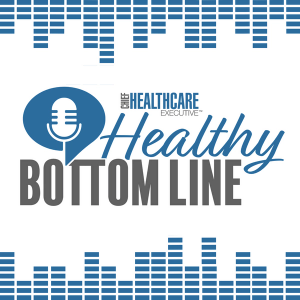
Published: September 28th 2021 | Updated:
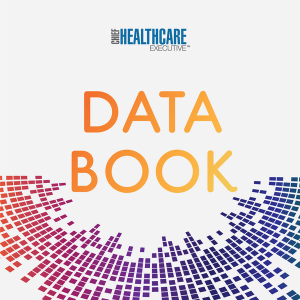
Published: July 13th 2021 | Updated:

Published: August 31st 2021 | Updated:

Published: April 27th 2021 | Updated:

Published: November 30th 2021 | Updated:

Published: May 11th 2021 | Updated: